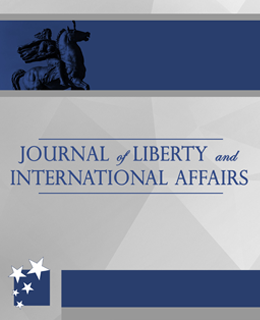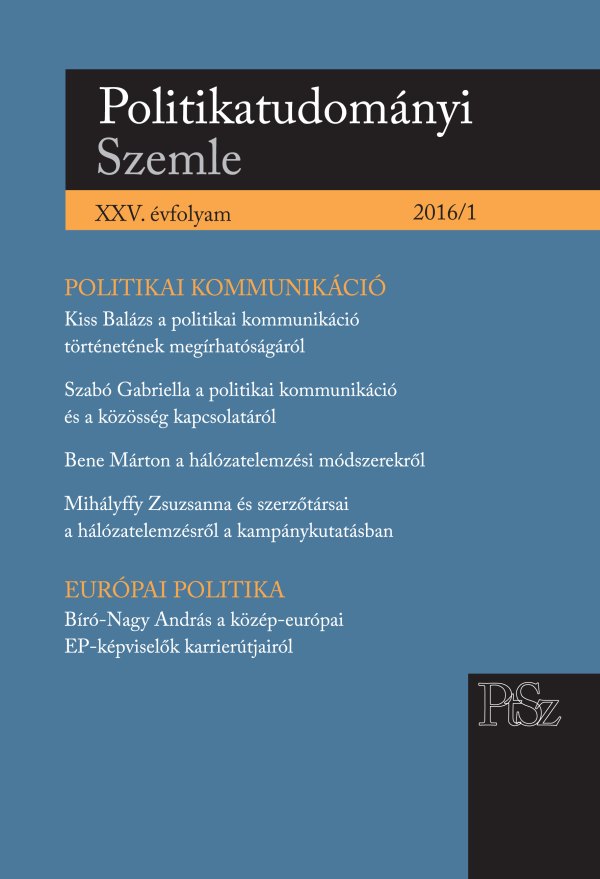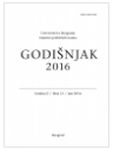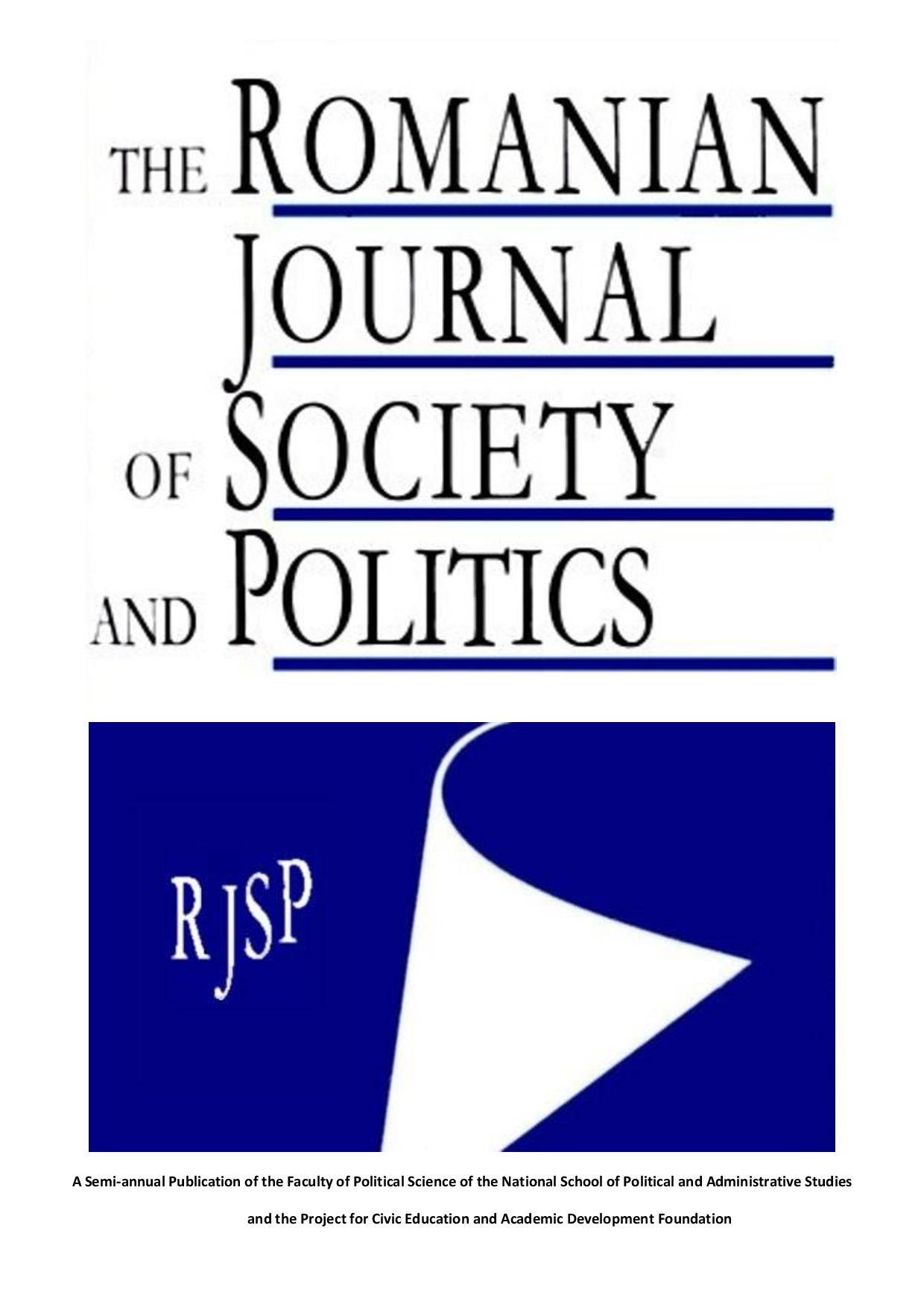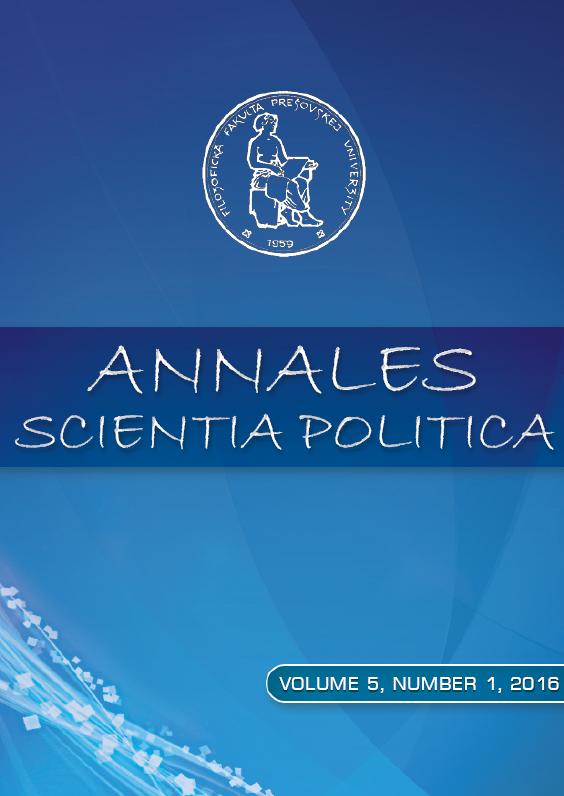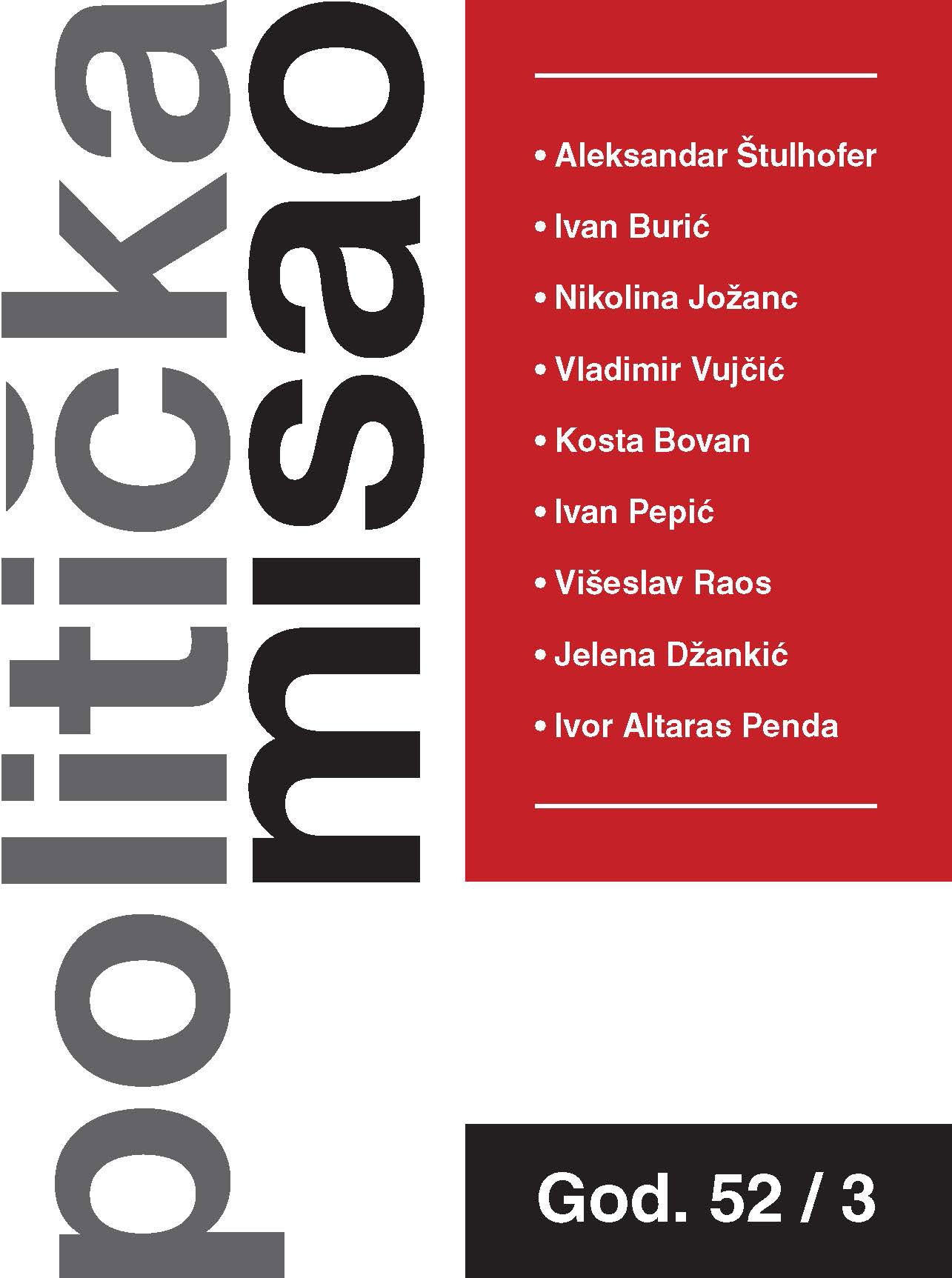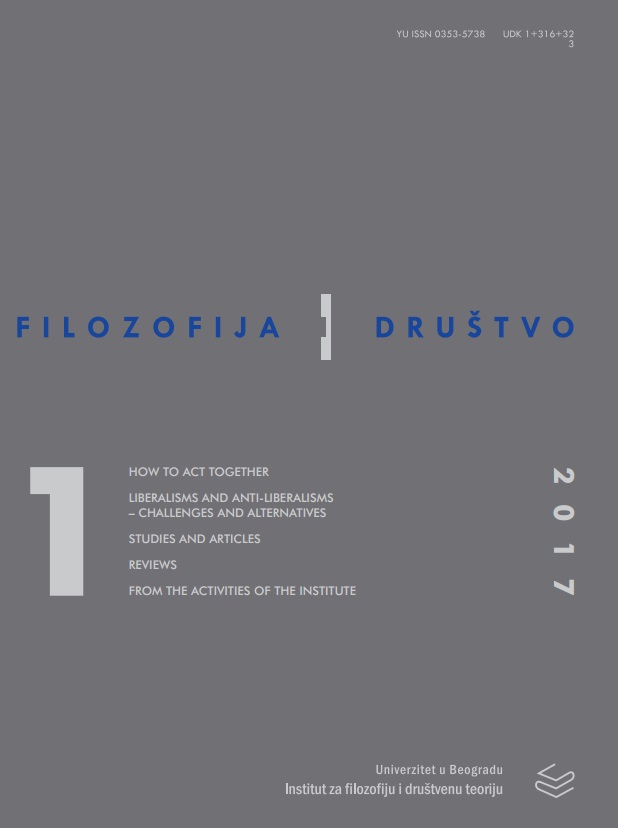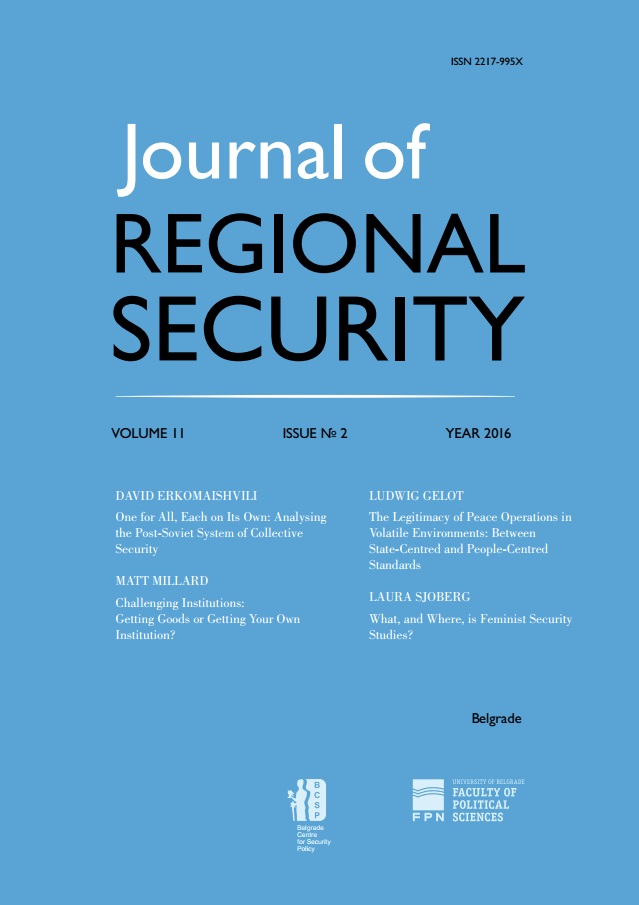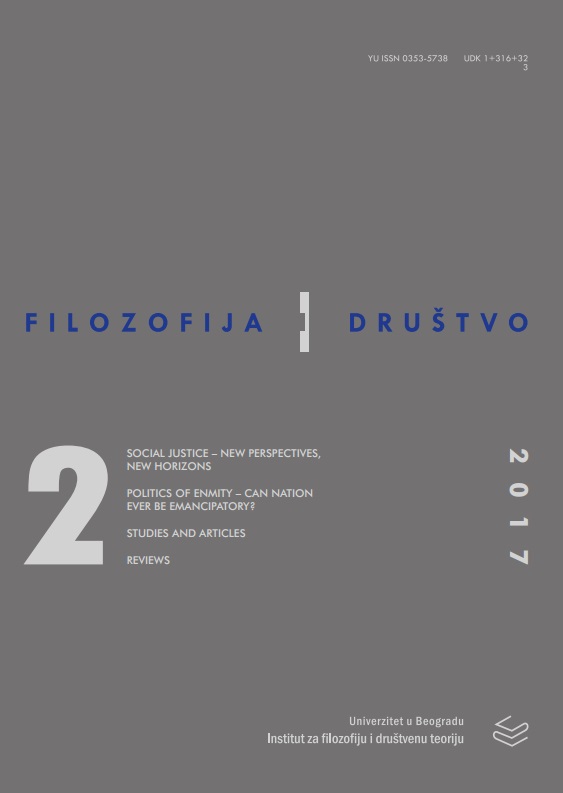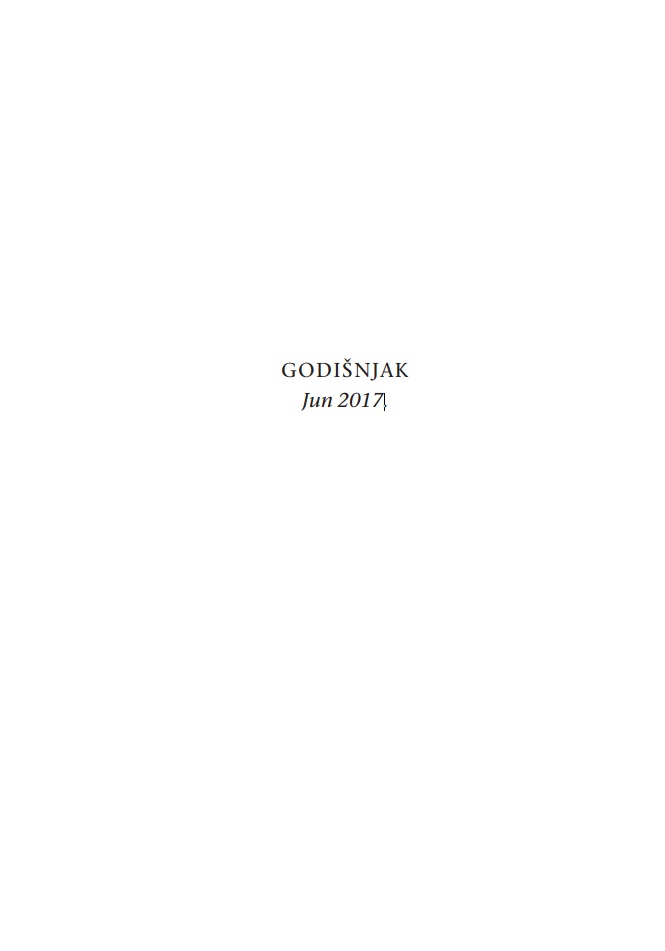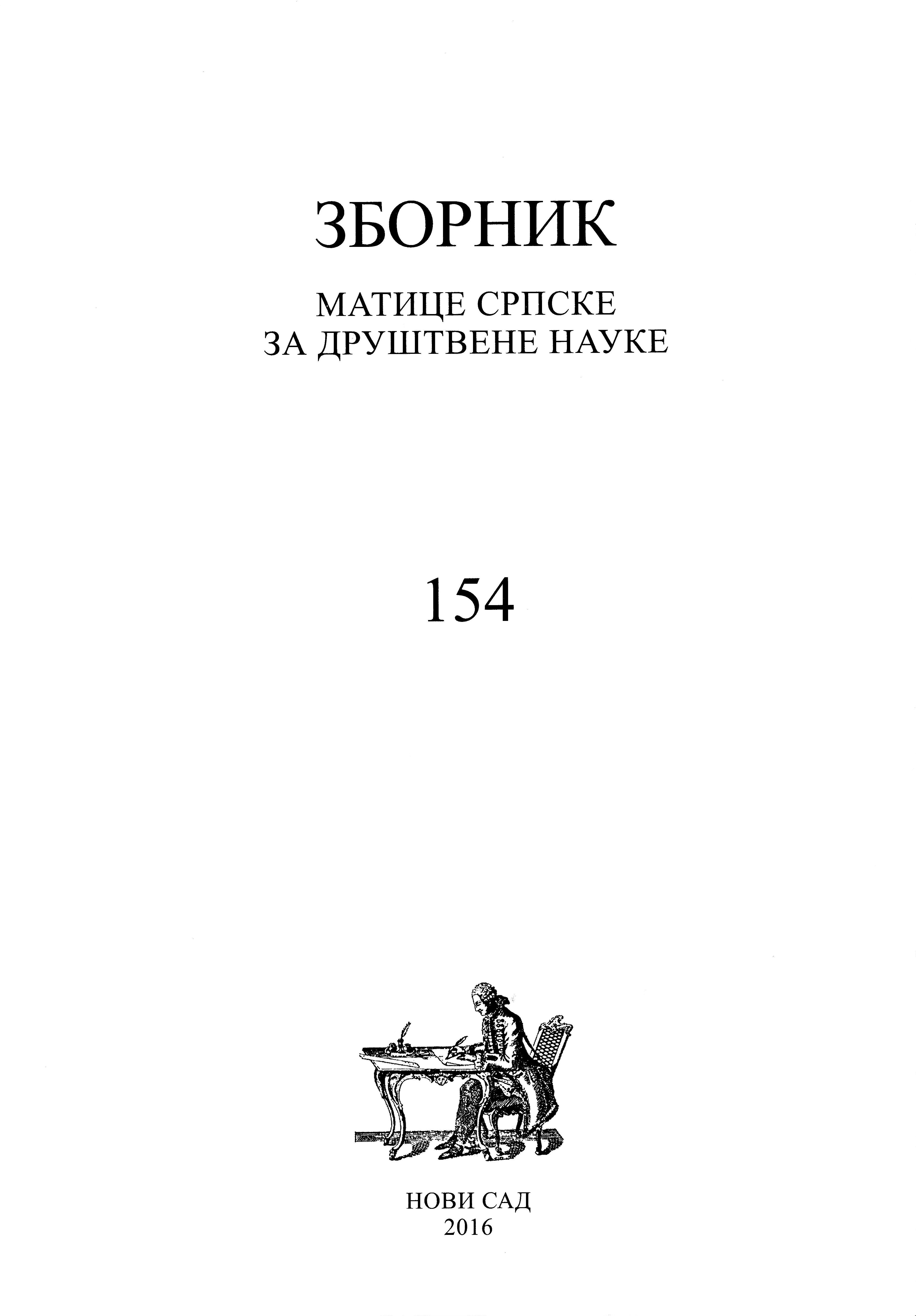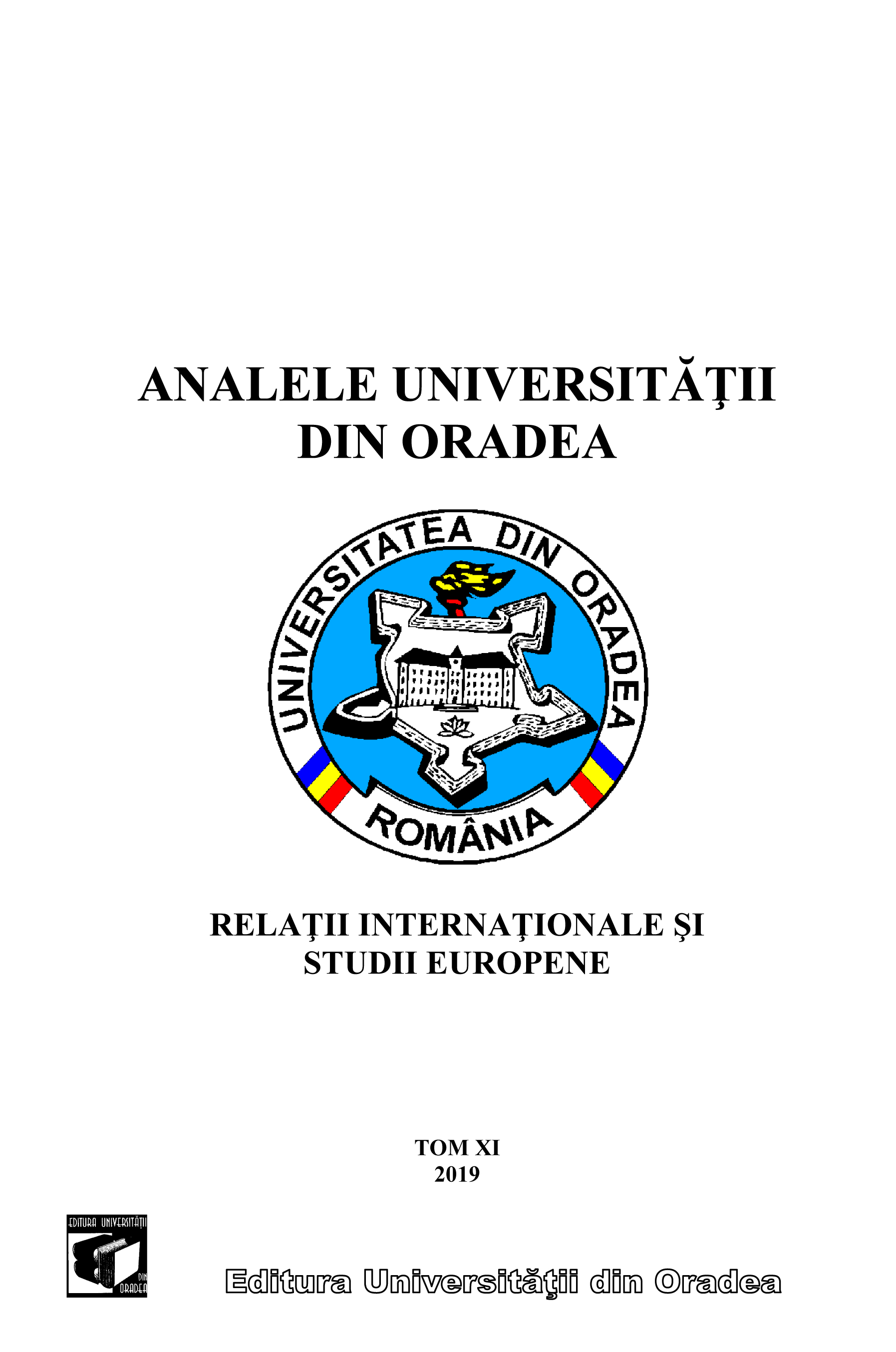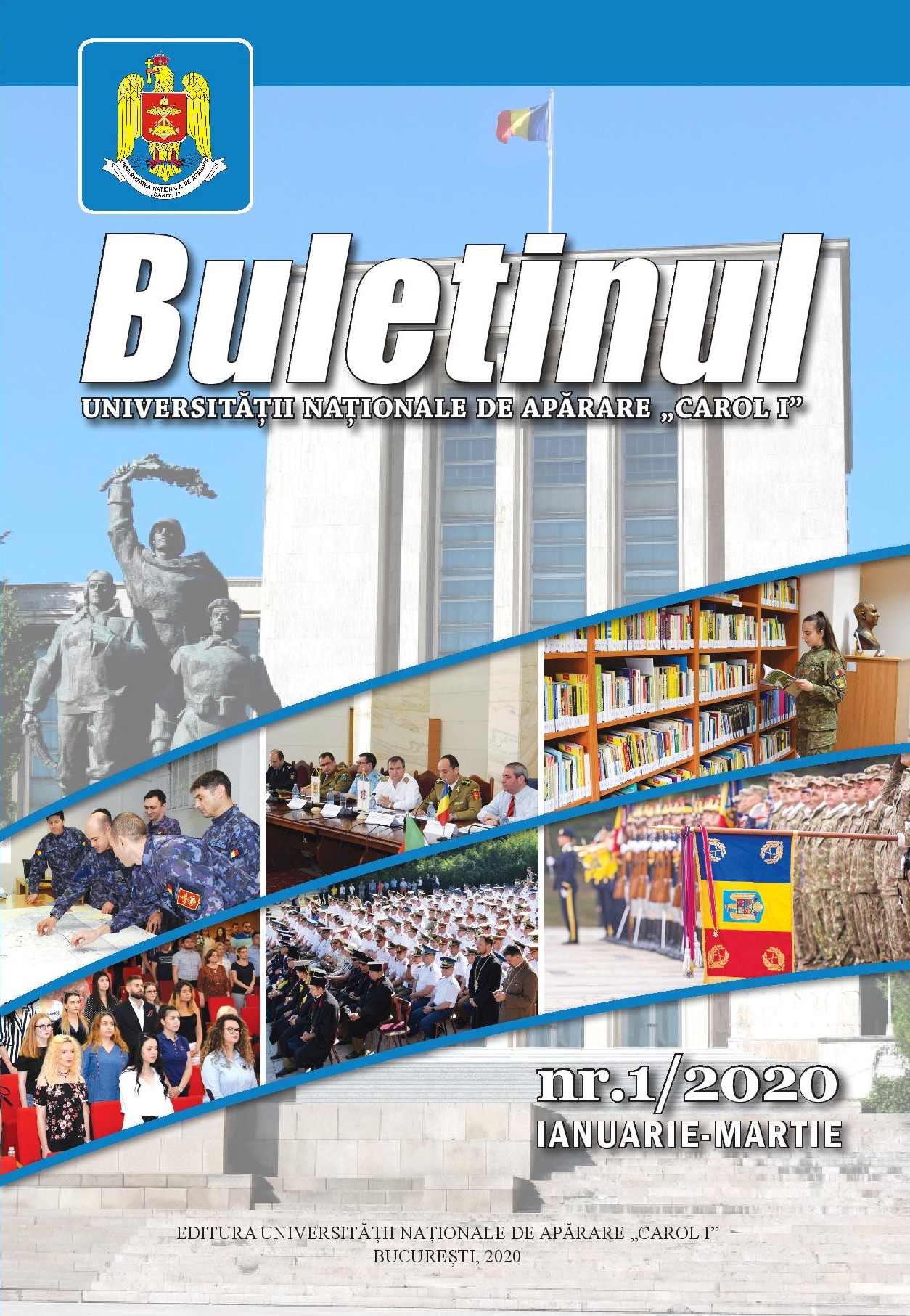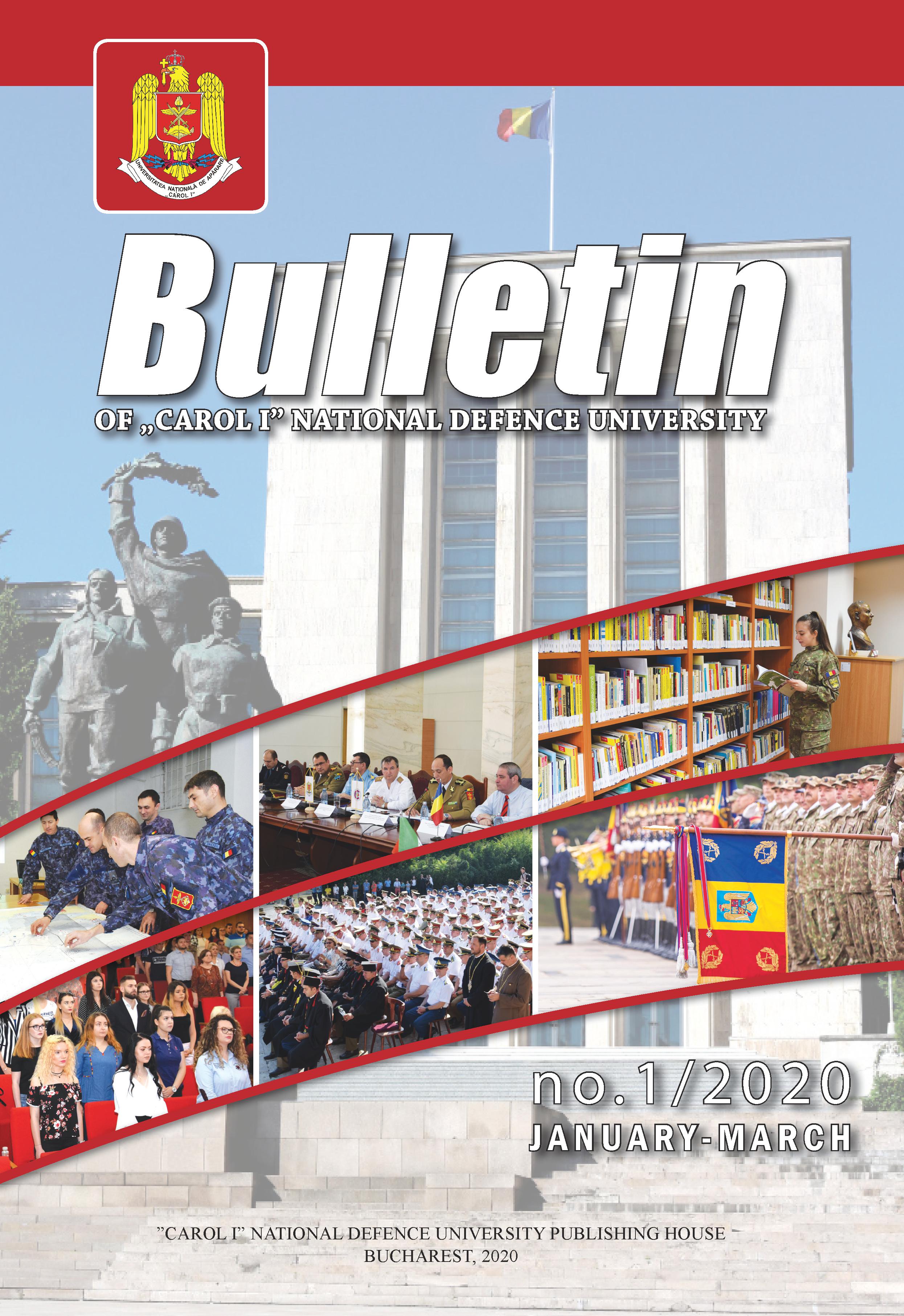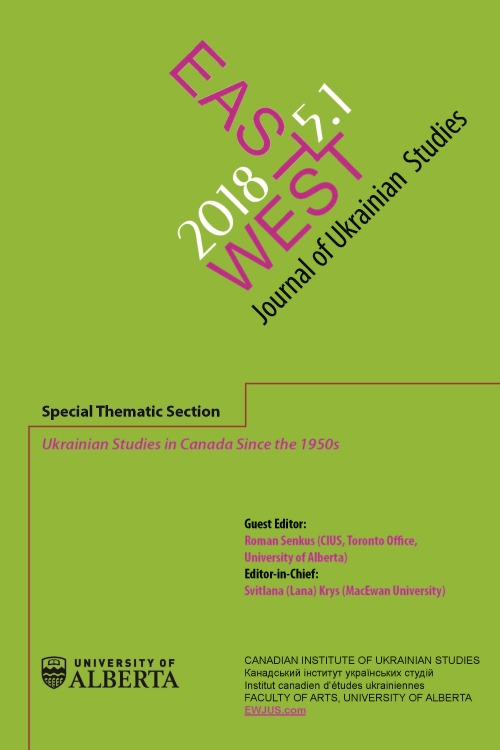Author(s): Dragan Simeunović / Language(s): Serbian
Issue: 4/2015
This contribution aims to shed some light on, hitherto unexplored within scientific research as an specific topic, political thought of great Serbian geographer and ethnologist Jovan Cvijić (1865-1927), through analysis of his works and documents, but also his actions, which, in very specific social and political circumstances in Serbia during the first decade of 20th century indisputably had certain political dimension. Pronouncedly political activity of Jovan Cvijić consists of his international engagement as an expert in the process of establishing the borders of newly formed Kingdom of Serbs, Croats and Slovenes. Using historical comparative method and content analysis the author has determined that Cvijić’s political thought can be labeled as developing. This development can be divided in several phases, starting with the time of early infatuation with the ideas of socialism and patriotism, followed by the phase of benign nationalism during the Balkan Wars and first half of the First World War, then phase of Yugoslavism in the second half of that war, which lasted until the end of his life, when he completely turned to socialist ideals of his youth – which can, for that reason, be described as a time of Cvijić’s open advocating for ideas of socialism. Jovan Cvijić was very early exposed with patriotic and socialist ideas. With the patriotic ideas he was instilled with by his family, and with the socialist ideas in secondary school, by his teachers. In the periods since the annexation of Bosnia and Herzegovina in 1908, throughout the Balkan Wars, and by the middle of First World War, Cvijić’s political thought was mostly nationalist, and after that Cvijić starts to defer to ideas of Yugoslavism, becoming soon one of its most vocal advocates. Although he invested his great name and enormous energy into formation of state union of Serbs, Croats and Slovenes, Jovan Cvijić was also among the first promoters of Yugoslavism who became disappointed in it. He refused all political functions, including the position of prime minister. While remaining close to the king and other members of Karađorđević dynasty, until the end of his life he stayed loyal only to socialist ideas, even publicly calling for revolution. The author concludes that Cvijić’s political thought and actions can be, from theoretical point of view, considered as civically profiled socialist political engagement, belonging by the modernity of its concept completely to Central European, and by the form of its expression equally to nationally and supra-nationally motivated Serbian political thought of his time. By its objectives and the direction of actions, his political thought and activity were a mixture of expressive patriotism and introverted sympathy for socialism.
More...
